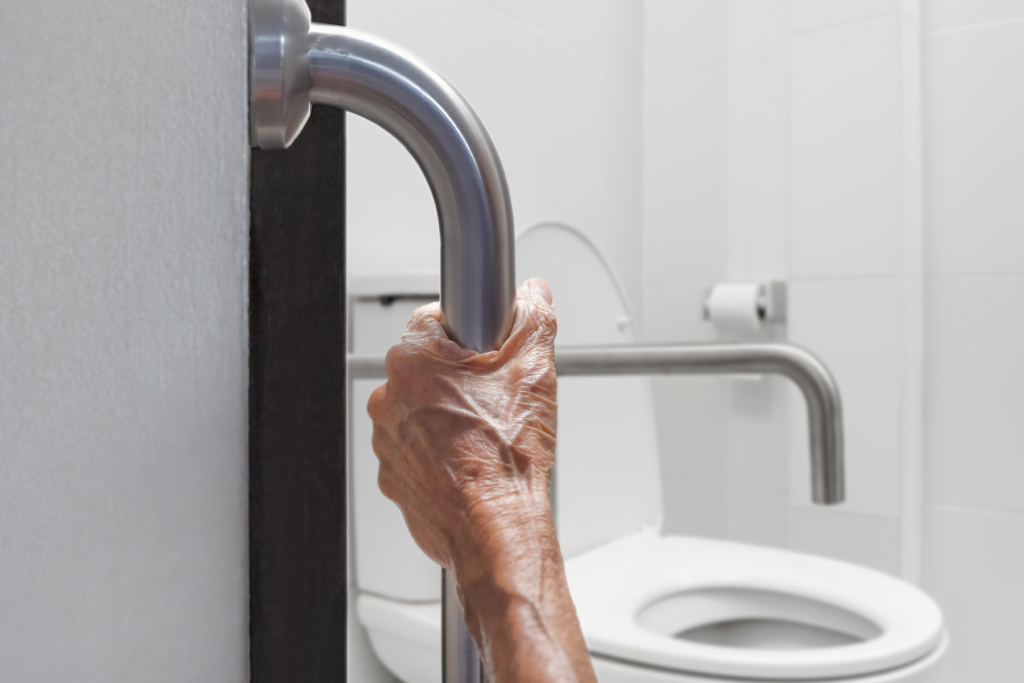Alzheimer’s: Do you know their wishes
As a caregiver, how well do you know the wishes of the individual with dementia that you spend time with? Has the effects of Alzheimer’s disease erased that persons wants and wishes? While someone with memory loss may not be able to make their needs or desires known, they still exist.
We may think about what we want regarding our health care needs and journey throughout life, however, we don’t always talk about it. What happens when we add in the effects of dementia along our journey? Although someone who is memory impaired may no longer be able to make their needs and wishes known, don’t they still matter?
Furthermore, if our desires are written out, have we allowed access to them? If others have access to these important documents, will the wishes be carried out? Too often emotions and family dynamics play a role in the end-of-life care when someone is unable to make their needs known. In the absence of important instructions, such as advances directives, Do Not Resuscitate and Do Not Hospitalize documents, physicians, care-partners, and family members have to guess. This may lead to disagreements, or absence of what that individual really wanted for themselves.
While it is realized that this topic is often uncomfortable and challenging to introduce, it is urged that you do engage in this conversation. After all, we live our life the way we hope to, why not be able to continue our journey in the manner we desire? In a report from the Institute of Medicine, they found widespread dissatisfaction with end-of-life care. Most people with advanced illness shared that they preferred to die at home, however, the majority died in hospitals, receiving more aggressive care then they desired.
Many times important paperwork is kept in a ‘safe place.’ This place is often not known to others or is not accessible, especially during emergencies. Safe deposit boxes, under the mattress, a lock box in the back of the closet may seem like a secure place, but they storage areas that are difficult for other to access when the time is necessary.
Even for those individuals who did prepare a legal document making their wishes known, the information is not always shared. According to the Agency on Aging for Health Care Research and Quality report, between 65% and 76% of physicians whose patients had an advanced directive were not aware that the document existed.
It is suggested, that along with making time for this conversation, the important documents are kept some where accessible, whether it is the side of the fridge or in a folder on the counter. Especially if caregivers are in the home. For your protection, and so that wishes are followed, dementia or not, you deserve what you want. With advanced and terminal illnesses, such as dementia, treatment, medications, technology, and care are available to provide greater comfort, assistance with symptoms and pain management, in the home.
Go ahead, lay it on the line. Ensure that the individual you care about and care for is protected and living the way they desire, especially if you are a health care proxy. You’ll be glad you did. After all, isn’t that what you want and isn’t it what we all deserve?



